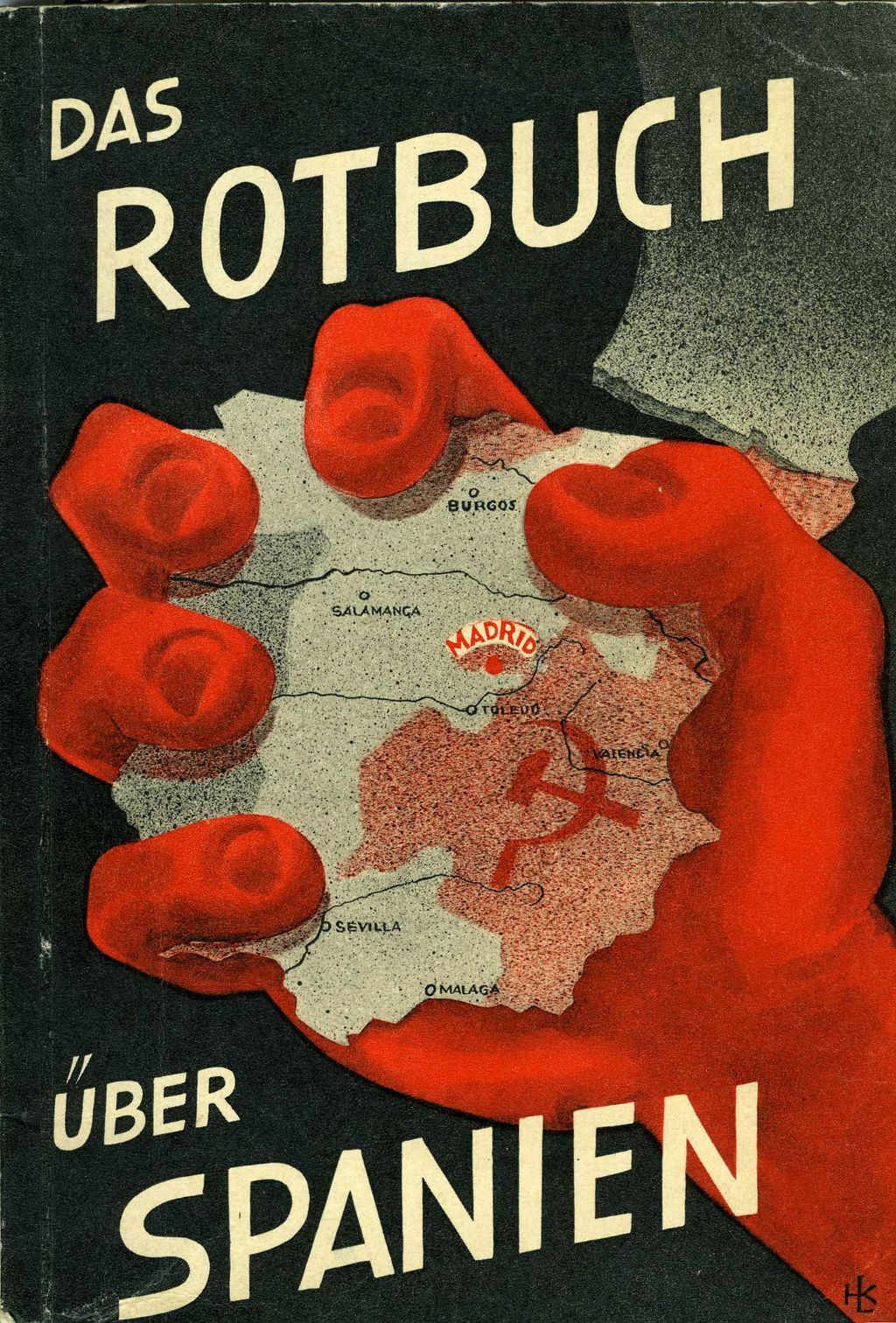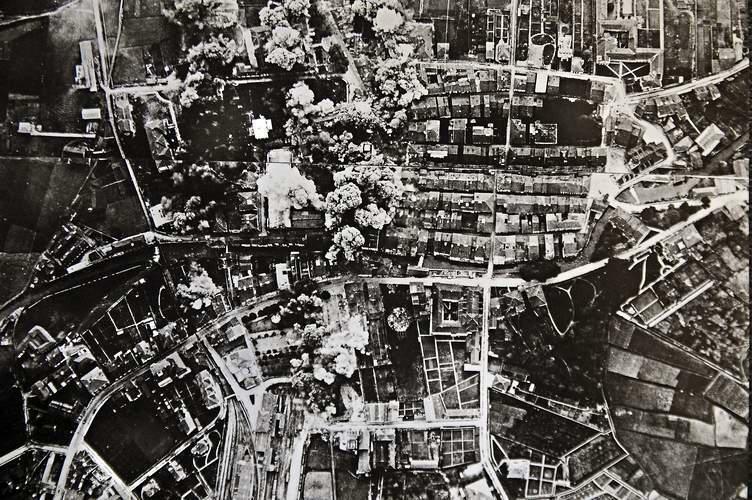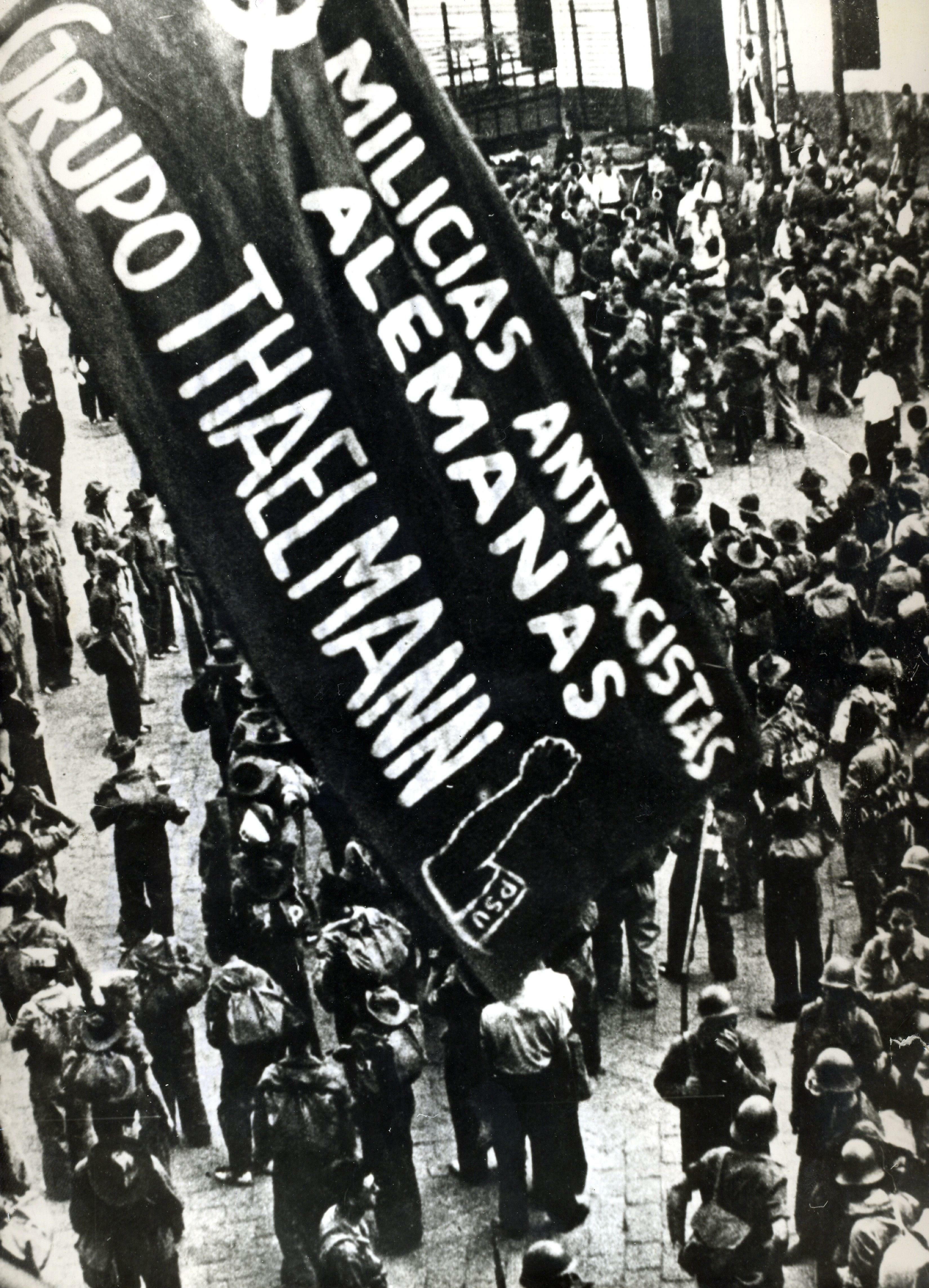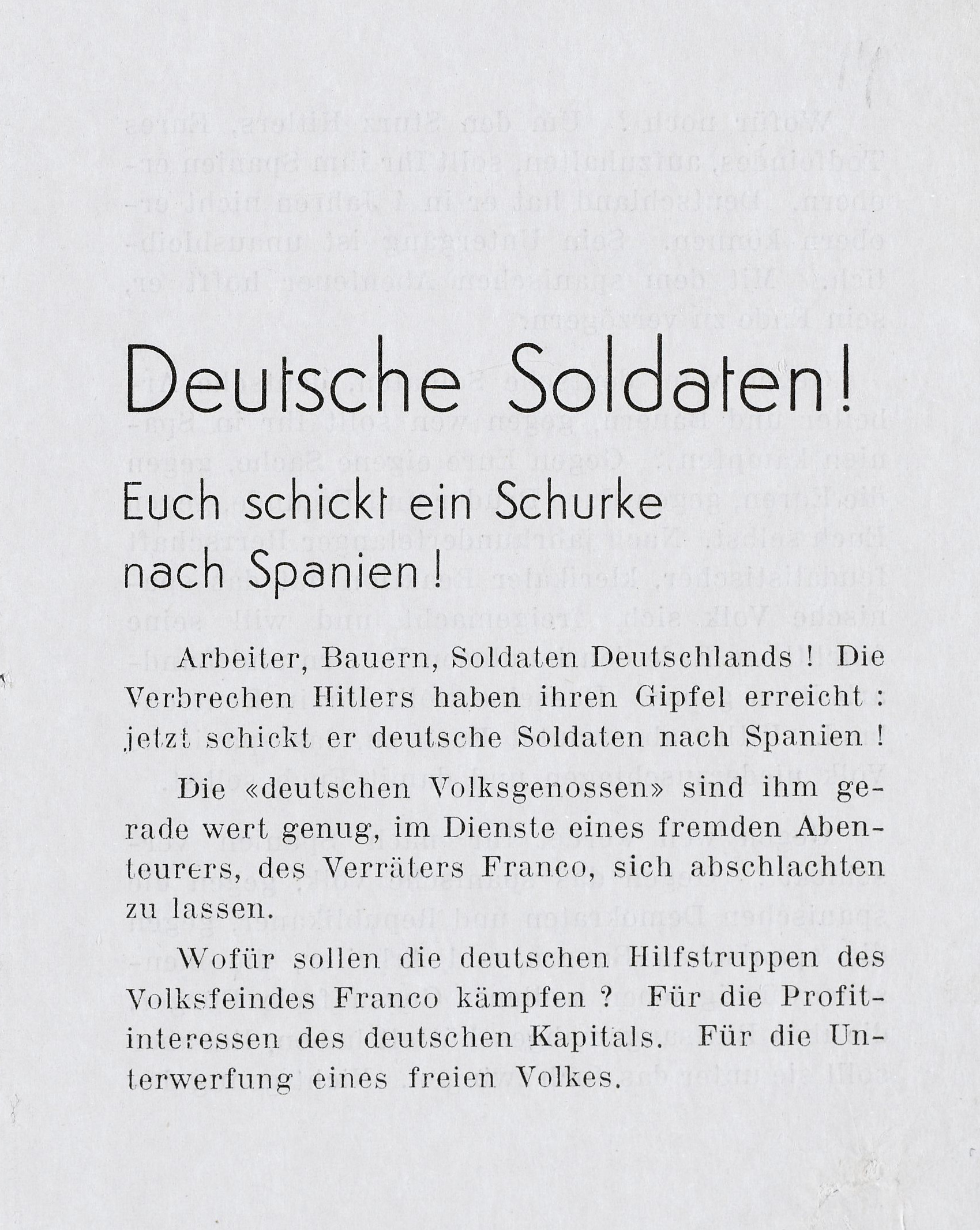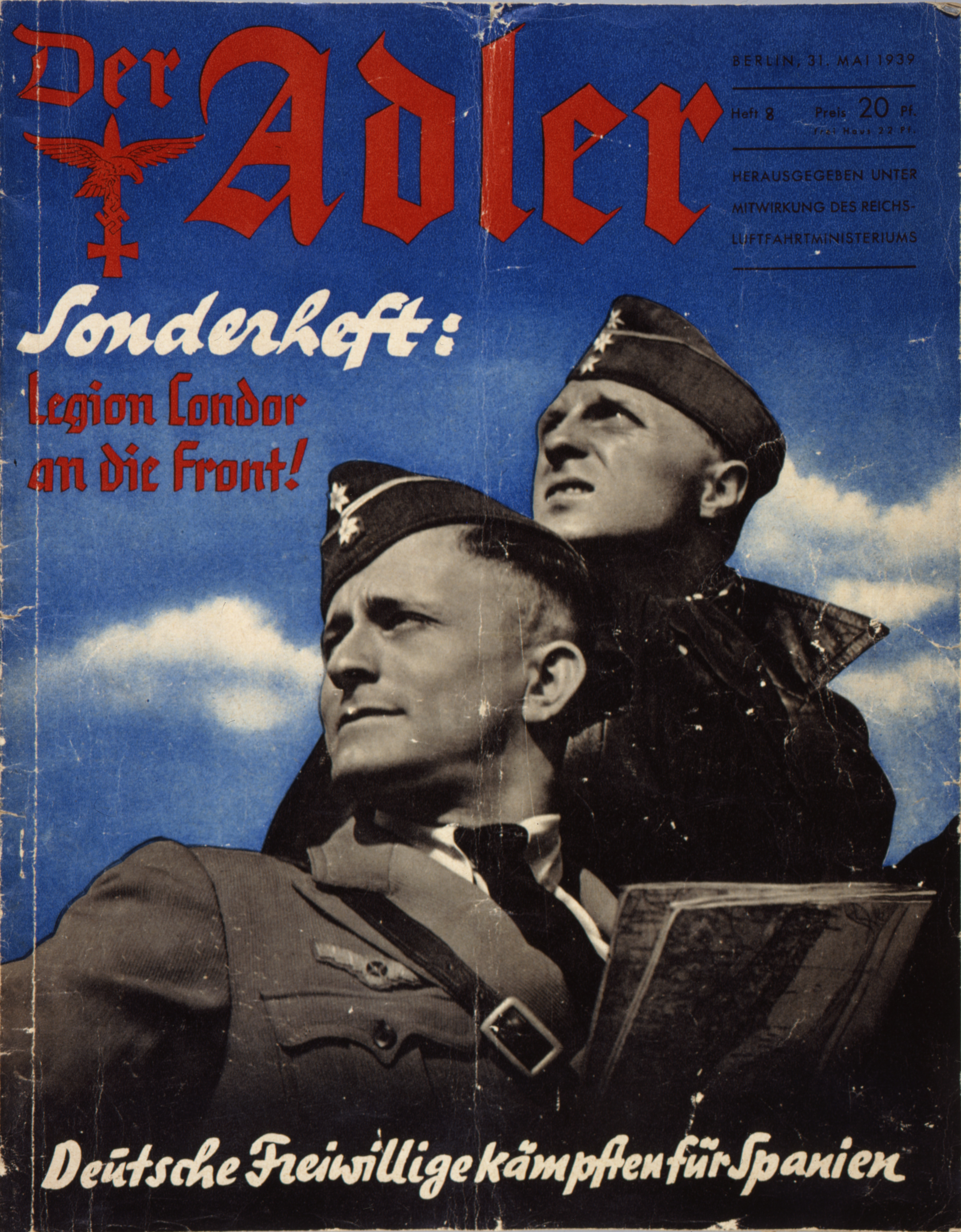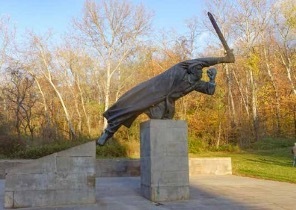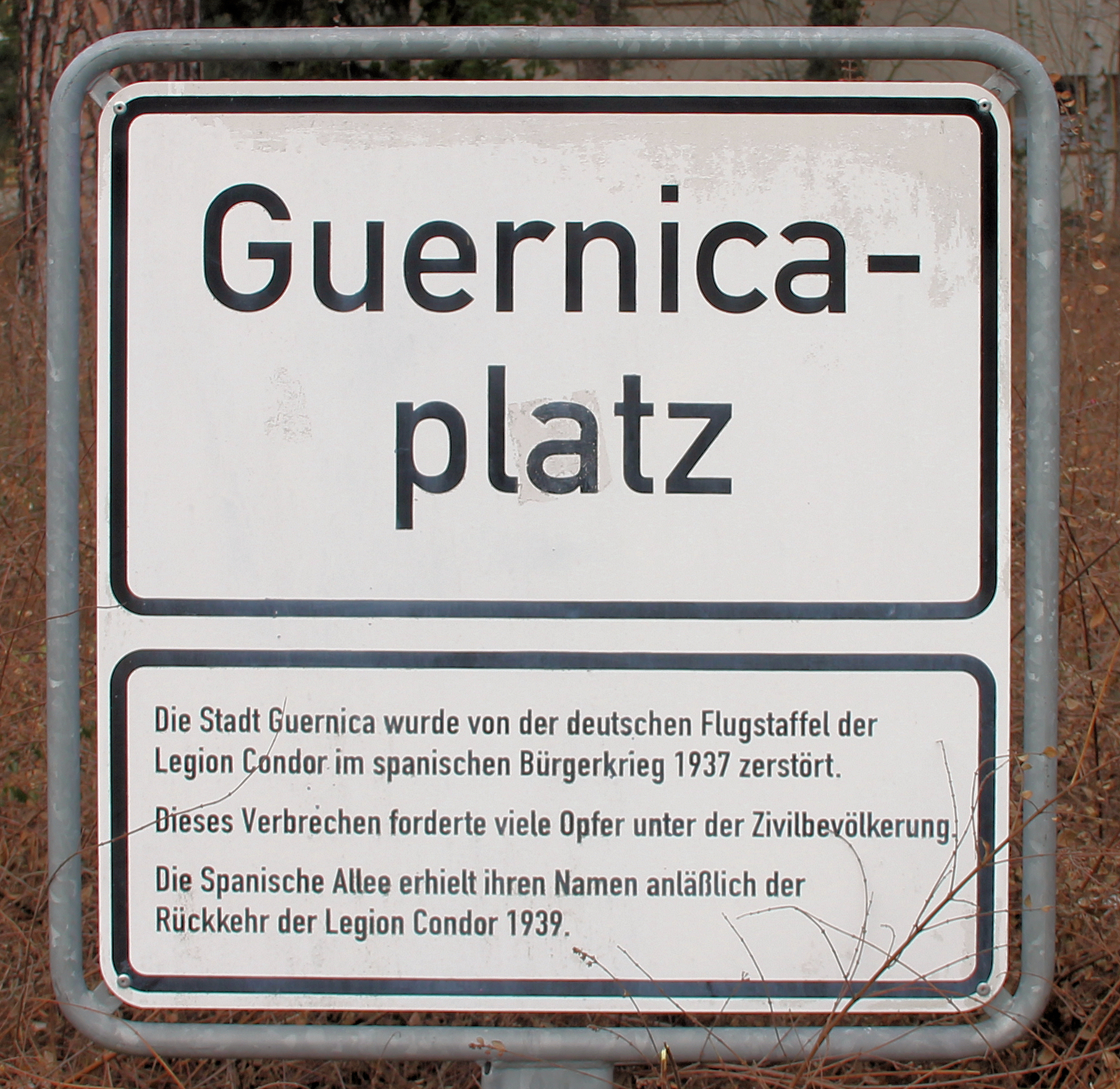On the night of 25 to 26 July 1936, German dictator Adolf Hitler granted General Francisco Franco's request to send transport planes to airlift his Army of Africa to the mainland. This marked the start of "Operation Magic Fire" (Feuerzauber), the name for the German intervention in the Spanish Civil War.
The principal motive for this decision was geostrategic: to help establish an ideologically sympathetic regime in Spain, or at least prevent Spain from allying with the Western democracies or, above all, with the Soviet Union. As the war progressed, and in October 1936, Hitler decided to send an air force unit, later called the Condor Legion. Other motives, such as testing new weapons systems and training combat pilots, came into play. A final motive, likely present from the beginning but increasingly important as Germany ramped up its preparations for a major war, was to acquire more raw materials for the arms industry.
In terms of the value of this military assistance, the role of German planes in the initial airlift of the Army of Africa is considered key at a critical moment for the insurgents. In total, Nazi Germany sent between 600 and 700 planes and some 19,000 supposed volunteers, who rotated through Spain on deployments of varying duration.
There were also Germans who fought for the Republic, especially in the International Brigades organized by the Comintern. The majority of the approximately 3,000 members of the International Brigades were Communists who had fled Nazi persecution. Around half of the roughly 1,200 who survived the Civil War, World War II, and political persecution went to the Soviet zone of occupation after 1945, where many played a notable role in the establishment of the German Democratic Republic (GDR).
In contrast, in West Germany, former brigaders initially faced rejection and political discrimination, while the legacy of the Condor Legion was cultivated as a positive tradition in some military circles. This situation began to change only in the 1970s, with the emergence of a new, critical analysis of the Nazi past.
SB








